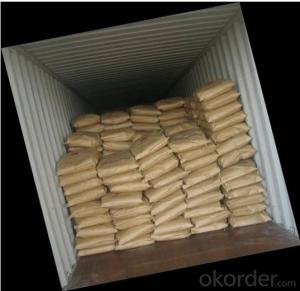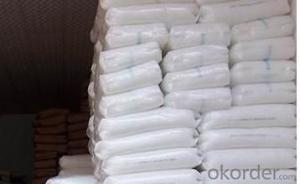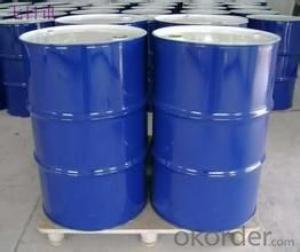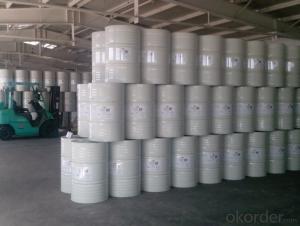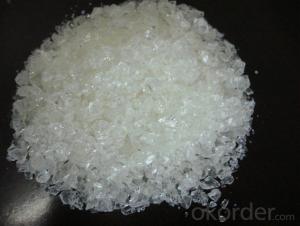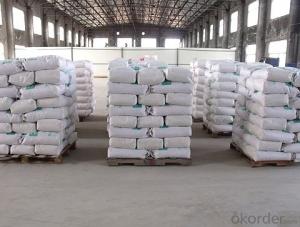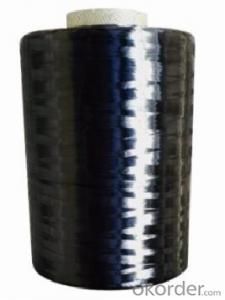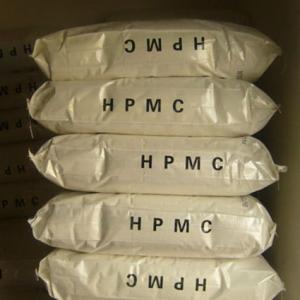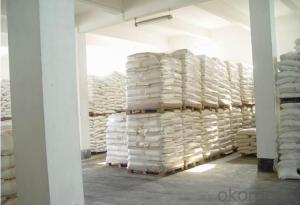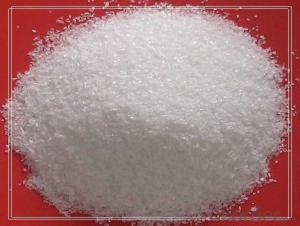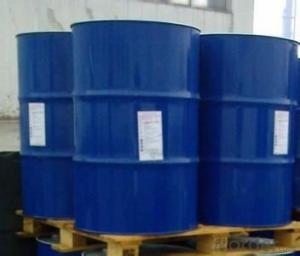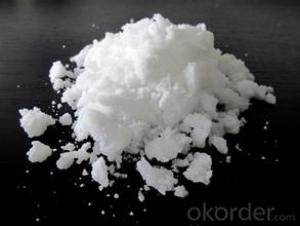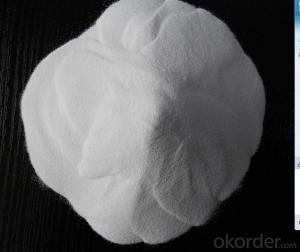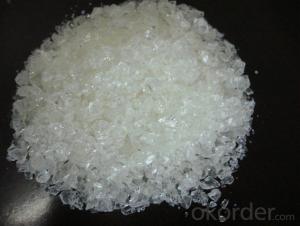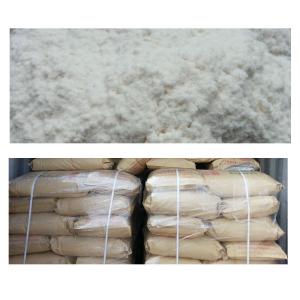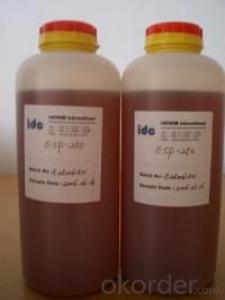All Categories
- - Steel Wire Rod
- - Steel Coils
- - Steel Profiles
- - Steel Pipes
- - Stainless Steel
- - Tinplate
- - Special Steel
- - Steel Sheets
- - Steel Rebars
- - Steel Strips
- - Hot Rolled Steel
- - Cold Rolled Steel
- - Pre-painted Steel
- - Seamless Steel Pipe
- - Welded Steel Pipe
- - Hollow Steel Tubes
- - Galvanized Pipe
- - Stainless Steel Coil
- - Stainless Steel Sheet
- - Stainless Steel Plate
- - Stainless Steel Strips
- - Electrolytic Tinplate Coil
- - Electrolytic Tinplate Sheet
- - Stainless Steel Rebars
- - Solar Panels
- - Solar Water Heater
- - Solar Related Products
- - Solar Inverter
- - Solar Cells
- - Solar Light
- - Solar Energy Systems
- - Solar Controllers
- - Solar Mounting System
- - Solar Pump
- - Solar Chargers
- - Fiberglass Chopped Strand
- - Fiberglass Mesh Cloth
- - Composite Pipes
- - FRP Pultrusion Profiles
- - Fiberglass Mat Tissue
- - Fiberglass Fabrics
- - Fiberglass Mesh
- - Composite Tank
- - Fiberglass Mesh tape
- - Polymer
- - FRP Roofing Panel
- - Fiberglass Roving
- - Monolithic Refractories
- - Ceramic Fiber Products
- - Refractory Bricks
- - Raw Materials For Refractory
- - Suspended Platform
- - Cranes
- - Concrete Machinery
- - Earthmoving Machinery
- - Building Hoist
- - Road Building Machinery
- - Plastic Pipe Fittings
- - Plastic Tubes
- - Plastic Sheets
- - Agricultural Plastic Products
- - Plastic Nets
 All Categories
All Categories
Q & A
How do polymers affect the behavior of magnetic materials?
Polymers can significantly influence the behavior of magnetic materials by serving as a matrix or binder, enhancing their mechanical properties, and providing stability. Polymers can be used to encapsulate and protect magnetic particles, preventing oxidation and maintaining their magnetic properties. They also enable the fabrication of composites by combining polymers with magnetic materials, resulting in improved magnetic response and control over their behavior. Additionally, polymers can impact the magnetic properties by altering the microstructure and aligning the magnetic domains, leading to changes in magnetic anisotropy and coercivity.
How are polymers characterized and analyzed?
Polymers are characterized and analyzed through various techniques such as spectroscopy, chromatography, thermal analysis, and microscopy. Spectroscopy methods like infrared spectroscopy and nuclear magnetic resonance provide information about the chemical structure and functional groups present in the polymer. Chromatography techniques like gel permeation chromatography separate and determine the molecular weight distribution of polymers. Thermal analysis methods such as differential scanning calorimetry and thermogravimetric analysis help understand the thermal properties and stability of polymers. Microscopy techniques like scanning electron microscopy and atomic force microscopy provide visual information about the surface morphology and topography of polymers. Overall, a combination of these techniques enables a comprehensive characterization and analysis of polymers.
How do polymers differ from other types of materials?
Polymers differ from other types of materials in that they are made up of repeating units called monomers, which are chemically bonded together to form long chains. This unique structure gives polymers their distinct properties such as flexibility, durability, and varying degrees of hardness. Additionally, polymers can be easily molded into different shapes and sizes, making them versatile for a wide range of applications.
What is the melting point of a polymer?
The melting point of a polymer refers to the temperature at which it transitions from a solid to a liquid state.
Wholesale Polymer from supplier in Nigeria
With our expertise in supplying Polymer products to Nigeria, we offer a wide range of comprehensive services to meet your procurement needs. Whether you require sales assistance, quotations, or technical support, we have you covered.
As a subsidiary of CNBM, a Fortune Global 500 company, we have the resources and capabilities to provide you with top-quality Polymer products in Nigeria. Our extensive range of Polymer products ensures that we can meet all your requirements, no matter the size or complexity of your project.
What sets us apart is our valuable market experience gained through years of operations in Nigeria. We understand the unique challenges and requirements of the Nigerian market, enabling us to provide you with tailored solutions that best suit your needs.
When you choose us, you can trust that we will deliver exceptional support and expertise for your projects. Our team of professionals is dedicated to ensuring your satisfaction by providing reliable and efficient services. We are committed to building long-term relationships with our clients based on trust, reliability, and excellent customer service.
Contact us today to discuss your Polymer procurement needs in Nigeria and let us show you how we can add value to your projects.
As a subsidiary of CNBM, a Fortune Global 500 company, we have the resources and capabilities to provide you with top-quality Polymer products in Nigeria. Our extensive range of Polymer products ensures that we can meet all your requirements, no matter the size or complexity of your project.
What sets us apart is our valuable market experience gained through years of operations in Nigeria. We understand the unique challenges and requirements of the Nigerian market, enabling us to provide you with tailored solutions that best suit your needs.
When you choose us, you can trust that we will deliver exceptional support and expertise for your projects. Our team of professionals is dedicated to ensuring your satisfaction by providing reliable and efficient services. We are committed to building long-term relationships with our clients based on trust, reliability, and excellent customer service.
Contact us today to discuss your Polymer procurement needs in Nigeria and let us show you how we can add value to your projects.
Hot Search
- Fiberglass Chopped Strand in Rwanda
- Fiberglass Mesh Cloth in Lebanon
- Composite Pipes in Brunei
- FRP Pultrusion Profiles in Liechtenstein
- Fiberglass Mat Tissue in Uzbekistan
- Fiberglass Fabrics in Belize
- Fiberglass Mesh in Tanzania
- Composite Tank in Belarus
- Fiberglass Mesh tape in Seychelles
- Polymer in France
